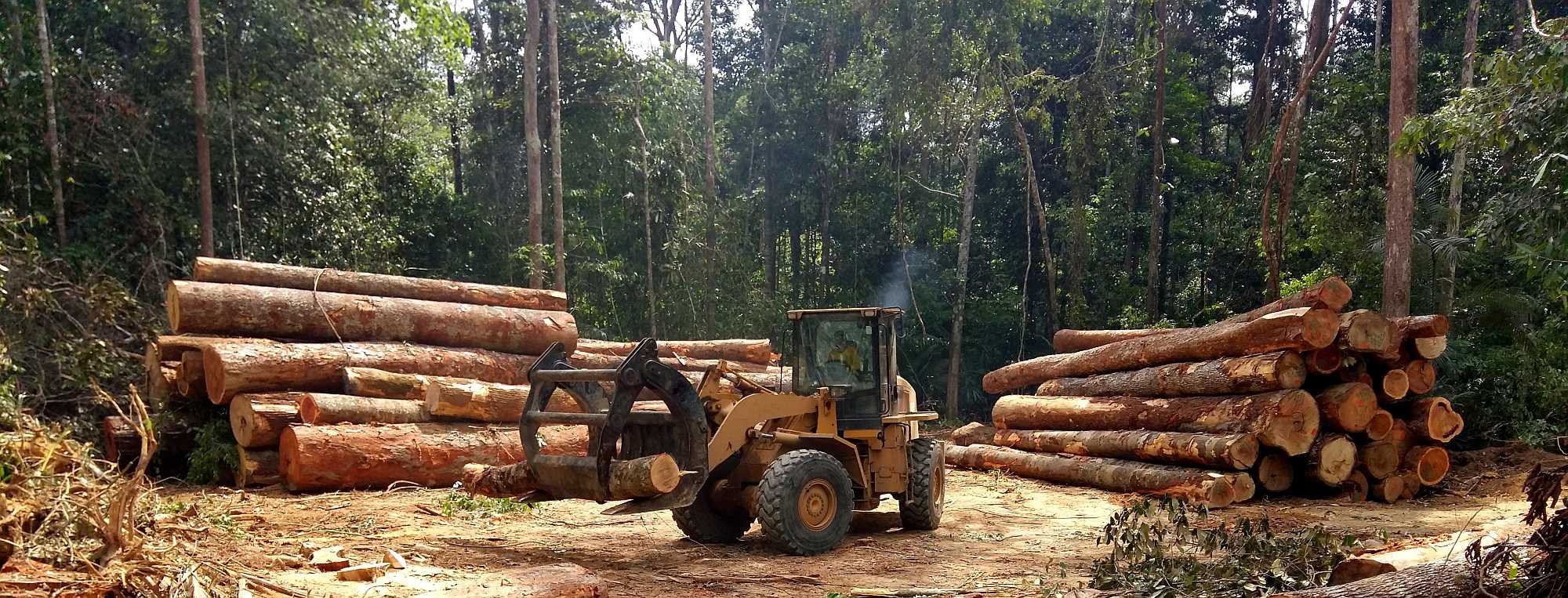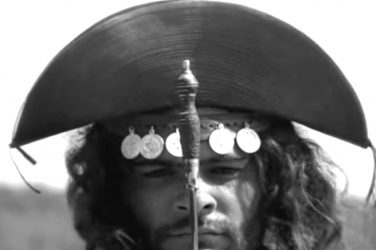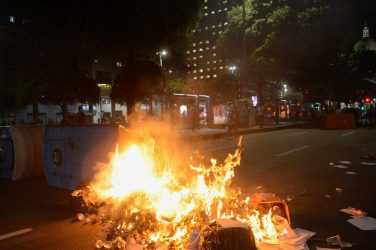Deforestation in the Brazilian Amazon made global headlines in 2019, thanks to massive wildfires and the election of anti-environmentalist president Jair Bolsonaro. Brazilians took to the streets against it, and retailers and consumers threatened to boycott Brazilian products. But while the pandemic has dominated the headlines in 2020 and 2021, deforestation continues to rise.
With polls showing Bolsonaro could lose the 2022 election, would a change in government help? To understand why deforestation is increasing in Brazil we must look at changes in environmental protection since Bolsonaro came to office, but we must also delve into some structural issues that won’t be resolved easily – even by a different president.
Ups and Downs
In the late 1960s, the federal government made a strategic decision to occupy the Amazon region. It wanted to guarantee sovereignty over the territory, while reducing pressure for land reform in southern Brazil and integrating the country’s remaining frontier region into modern capitalism. People were encouraged with fiscal incentives and new land property rules to replace the forest with pasture for livestock.
Deforestation increased faster around newly built roads and dams, as well in areas better connected to consumer markets. Between 1988 and 2004, an average of 20,000km² of forest was cut each year.
In the mid-2000s, a new federal administration, led in the ministry of the environment by ex-rubber tapper Marina Silva, took office, with a different agenda for the forest. It created new conservation areas and strengthened law enforcement.
Transnational initiatives such as the soy moratorium, the UN’s Redd (reducing emissions from deforestation and forest degradation) program and the Amazon Fund added incentives to keep the forest standing. By the end of the 2000s, the amount of deforestation had substantially declined, reaching its lowest point of 4,571km² in 2012.
Numbers start to increase again by 2015, partly because a rising economic crisis and the Car Wash corruption scandal meant there were different domestic priorities. Bolsonaro was elected and he appointed people aligned to his anti-environment rhetoric to key positions in the ministries and governmental agencies.
They defunded deforestation monitoring, halted deforestation law enforcement and left offenders unpunished, arguing that it had created an “industry of fines”. Bolsonaro and his appointees acted continuously to revoke environmental protection policies, including those for indigenous land.
In 2019, the amount of deforestation reached 10,000km² and remains high. The number of fires has also increased, and in 2021 is expected to be the highest since 2007.
Two Views on Development and the Amazon
Two different views on development underline the different positions on deforestation. The first says that the forest is an obstacle to development. Development in this view requires modern activities – including agriculture and mining – to replace the wild, allowing income for local populations and furthering the country’s position in the global economy.
The second view says that the forest has value in itself, both locally and globally. It is home to biodiversity and traditional living styles that cannot be replaced. In addition, it plays a role in regional climatic patterns and Earth systems regulation so should be preserved.
Most groups in Brazilian society defend a combination of both views. This is true even of a substantial part of the agribusiness sector, which is aware of consumer pressure and the long-term consequences of deforestation.
Yet minority groups aligned with an extreme interpretation of the first view have always played a role in Brazilian politics. In 2018, these groups, represented by the likes of extreme-right party PSL, won more seats in the federal parliament. Combined with Bolsonaro’s election, this meant their voice and agenda gained priority in policy-making.
Is Replacing Bolsonaro the Solution?
Replacing Bolsonaro would likely reduce the rate of deforestation in the short term. None of the other candidates expected to run in the 2022 election share his extreme views on science, the environment and the law, while Brazil’s president does have considerable power to set political priorities and appoint key environmental roles. However to reduce deforestation in the long run, at least three structural issues need to be tackled.
The first concerns enforcement of land tenure rules. In rural private properties in the Amazon, native vegetation should be kept in 80% of the land. The law requires all private rural properties in Brazil to be registered with georeferencing and to restore native vegetation if needed, but more than a third of farmland is yet to be registered in the system, part of it in the Amazon.
Land grabbing also needs to be punished, not rewarded. A substantial amount of land in the Amazon is still non-designated, meaning its legal status as public or private land is not yet determined, and no law applies to it. Land grabbers invade these areas, deforest them and later claim it as their property – these claims are usually granted due to lax monitoring and laws.
Finally, traditional and indigenous populations need better protection, while Brazil must take a new development path that inserts the region in the contemporary economy without cutting the forest, like Amazonia 4.0. The latter will weaken support for old-fashioned ideas of forest versus development, reducing the appeal of Bolsonaro’s anti-environmental rhetoric for many people.
Larissa Basso is a senior lecturer in Environmental Politics at Stockholm University.
Cristina Yumie Aoki Inoue is a professor, at Institute of International Relations, University of Brasília
This article was originally published in The Conversation. Read the original article here: https://theconversation.com/even-if-bolsonaro-leaves-power-deforestation-in-brazil-will-be-hard-to-stop-163964












